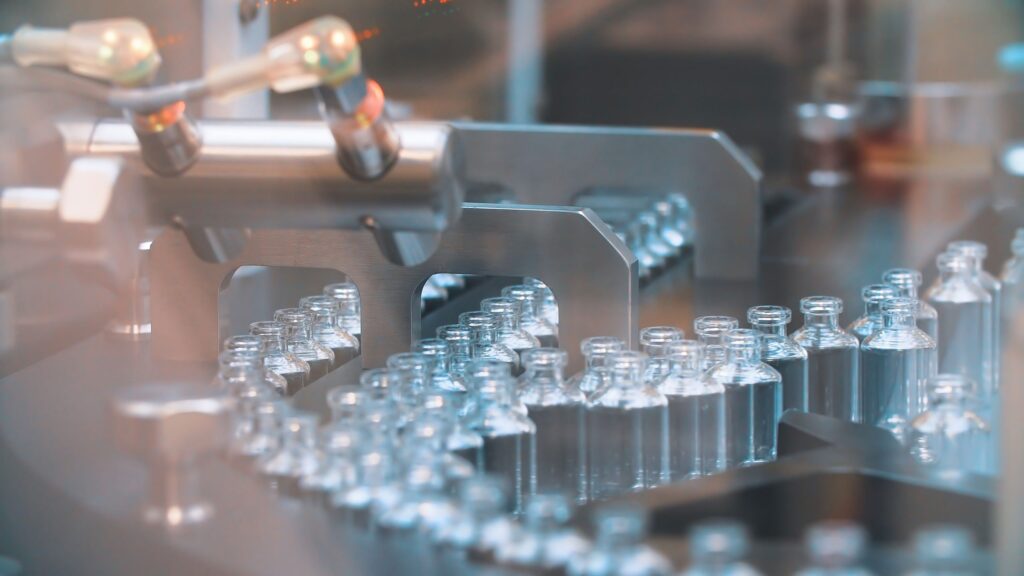Manufacturing platforms for cell and gene therapies (CGT) are becoming more automated and integrated but, despite recent gains, there’s still a lot of room for improvement. The challenge is that the current manufacturing process isn’t sufficiently scalable to service a market that, with a predicted 26% compound annual growth rate through 2028, may exceed $23 billion in four years’ time.
The challenges include processes that typically require human intervention, timelines that are measured in weeks rather than days, and a paper trail that is not fully-digitized, Jon Ellis, co-founder of Trenchant BioSystems, tells GEN.
CGT-in-a-box
To address those issues, Trenchant is developing a fully-automated cell therapy manufacturing platform for CAR-T cells. It recently partnered with Autolomous, integrating its digital solution into Trenchant’s manufacturing platform, for faster manufacturing and lower production costs.
Currently at the prototype stage and awaiting its final name, Ellis says the platform can:
- Reduce CGT costs by 80%
- Cut manufacturing time to 2.5 days
- Increase cell processing efficiency by eight-fold
- Increase overall CGT manufacturing efficiency from 8% to 65%
- Reduce the required manufacturing footprint and labor requirements significantly
“It is an end-to-end manufacturing platform,” Ellis stresses, that was designed from the ground up specifically to manufacture CAR-T cells. Trenchant’s team used what he calls a “smart engineering” approach to automate proprietary cell selection technology to isolate T cells or NK cells from other blood cells, and to improve viral transduction. And, because cells aren’t lost during the early phases of manufacturing, cell expansion isn’t necessary, he points out. “Those pieces, combined, mean we get a more efficient manufacturing process.”
This fully-automated, CAR-T-in-a-box manufacturing approach also means the data from each step is digitized, making reports easier and faster to develop. “You don’t need a bunch of people sorting through paper,” he points out. The goal, he says, is to “completely change the paradigm of manufacturing by speeding it up and making it more affordable.”
Transformational potential
Trenchant is about to announce a collaboration with a leading academic research center to test the platform, generating data that, Ellis hopes, will prove the company’s internal results. “From there, we’ll go into productization,” which he says, may take about two years.
Ellis says he expects to partner with clinical centers rather than developing Trenchant manufacturing centers. If the platform performs as expected it has the potential to transform CAR-T therapies into first-line therapies for patients.
“CAR-T therapies will likely deliver better clinical outcomes (than competing therapies), and also a much better journey for the patients,” he suggests. But for them to do that for the broad population who may benefit, they must be made at scale and at an affordable price point. “That’s the bit we’re trying to resolve at Trenchant.”



